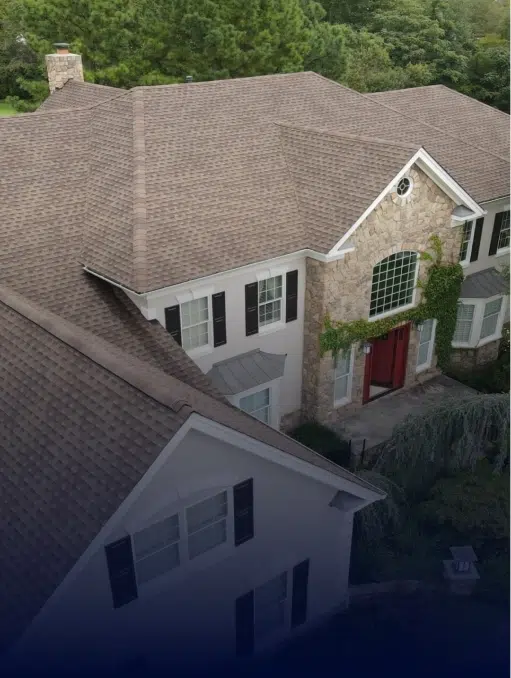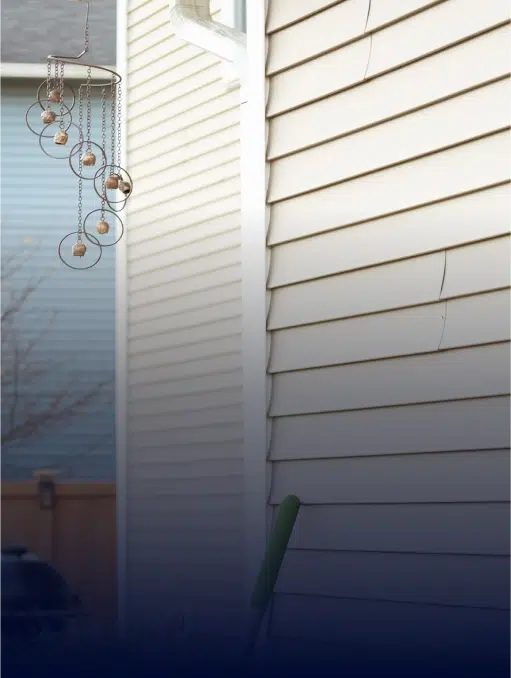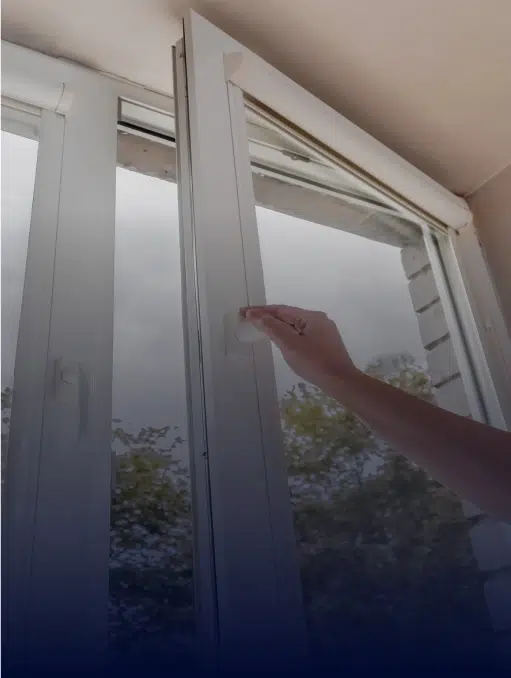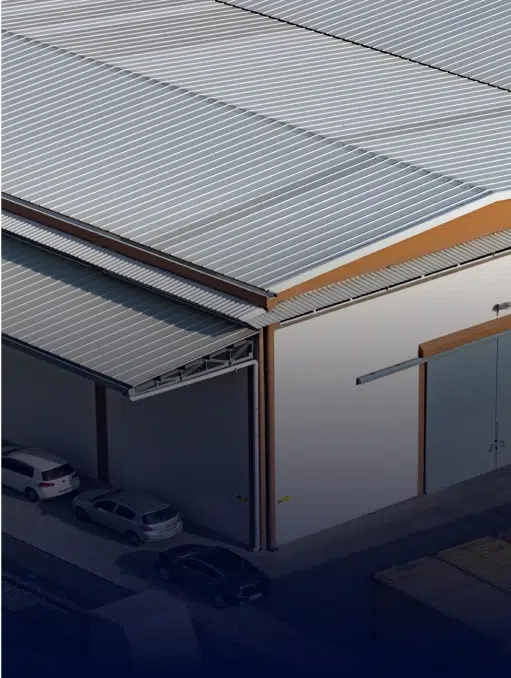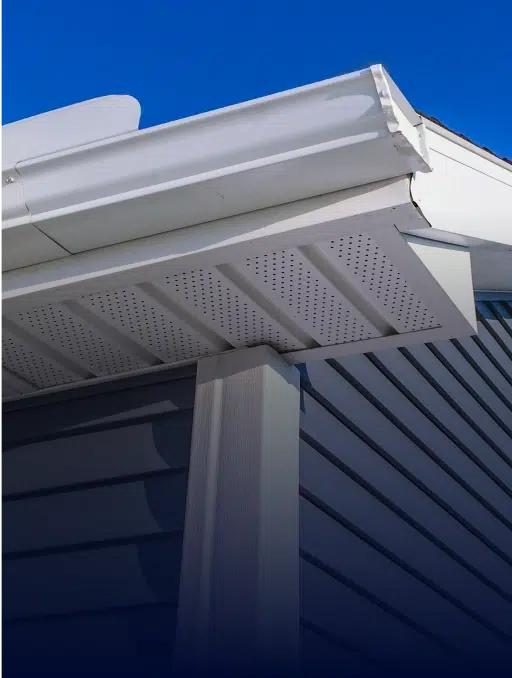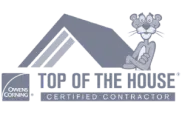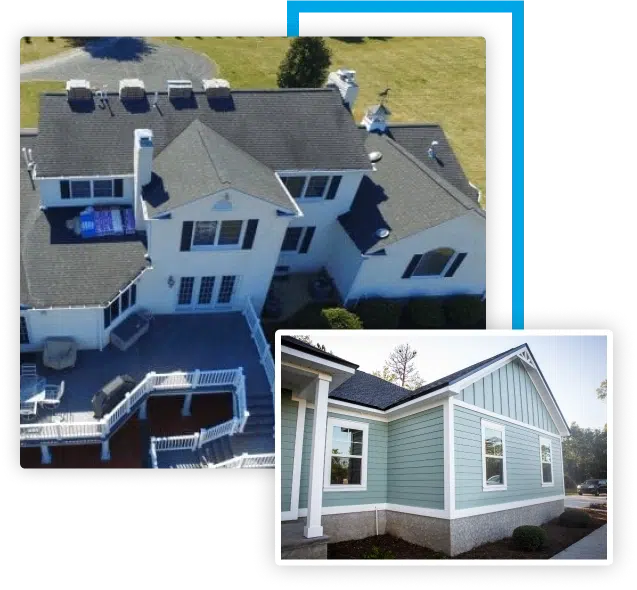Flat Roof Repair & Installation in Northern Virginia
Experts for residential and commercial flat roofing
- Residential Roof Installation
- Industrial Roof Installation
- Commercial Flat Roof Installation & Repair Services
- Flat Roof Inspections, Maintenance & Repairs
The roof is an important part of the home and business. It provides shelter from the elements and helps protect you, your family, and your belongings from the elements.
Whether you’re looking for residential or commercial roof installation services, Colonial Contracting Inc. has you covered. We provide quality services at affordable rates to customers throughout Northern Virginia.
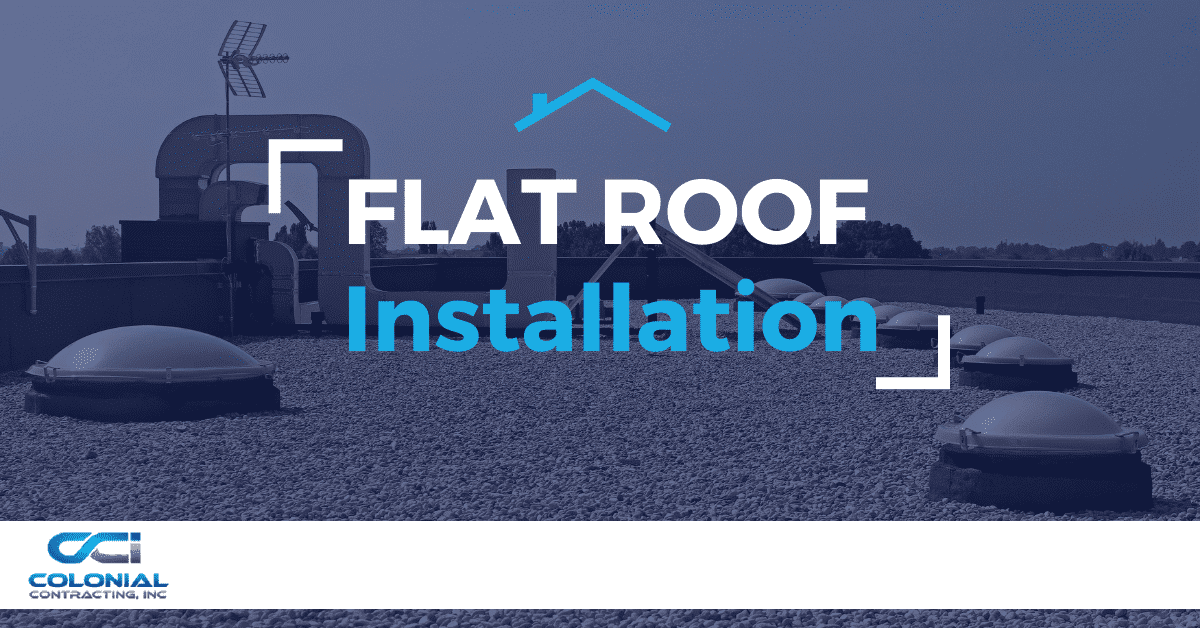
What Type of Flat Roof Should You Choose?
When it comes to flat roofing, homeowners have three options: Built-up roof (BUR), Modified bitumen roof and EPDM rubber membrane. Now let’s talk about the differences.
For many homeowners, the cost is the main consideration when weighing their options for flat roofing materials. Most flat roofs can cost $250 to $350 per 100 square feet or $2.5 to $3.5 square feet.
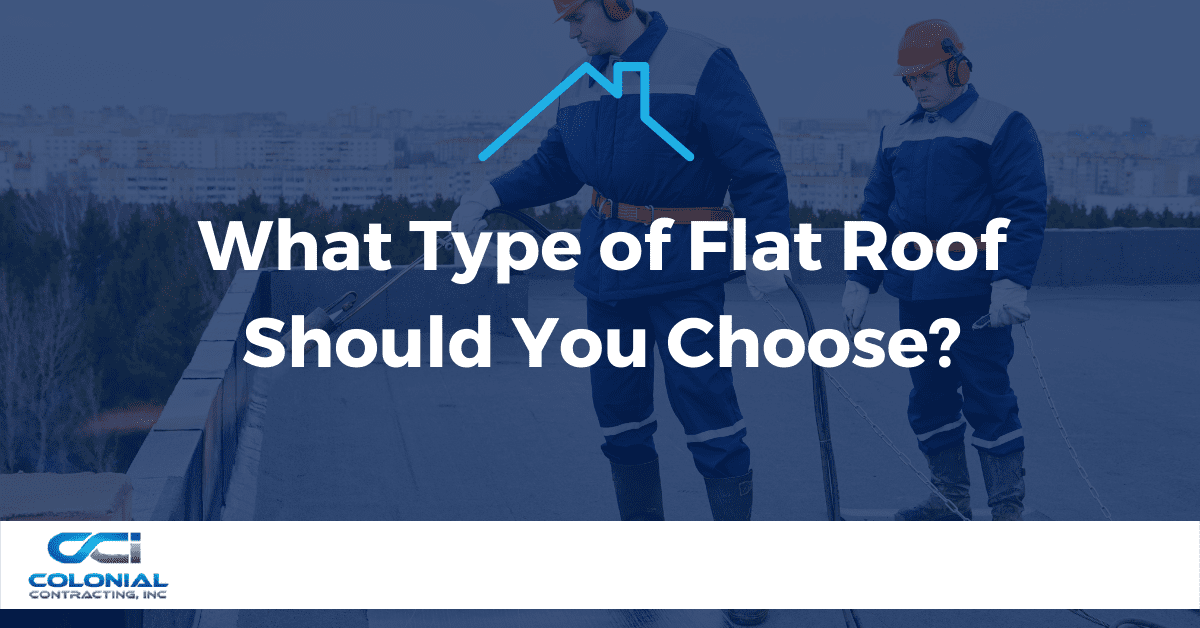
Built-Up Roof (BUR)
The traditional hot-tar-and-gravel roof uses multiple layers of felt, paper, and gravel. Residential built-up flat roofs have one layer of felt, while high-quality commercial versions can have as many as four layers. It’s designed for flat or low slope roofs surfaces such as patios or accessory buildings.
The pros and cons of this type of roof include the following:
Pros: This type of roof is easy to install and repair. It’s designed for flat or low pitch surfaces making it a good option for commercial and residential applications. The materials are inexpensive, which makes this roof a cheaper alternative.
The cons of this type of roof include the following: This type of roof must be well-ventilated because they’re vulnerable to mold and mildew. If the gravel underneath becomes wet from ice melt or a leak, it can damage the roofing material itself; Asphalt and bitumen aren’t environmentally friendly.
So who is BUR best for? If you’re looking for a traditional flat roof that is easy to install and will keep cost low, this is the option for you.
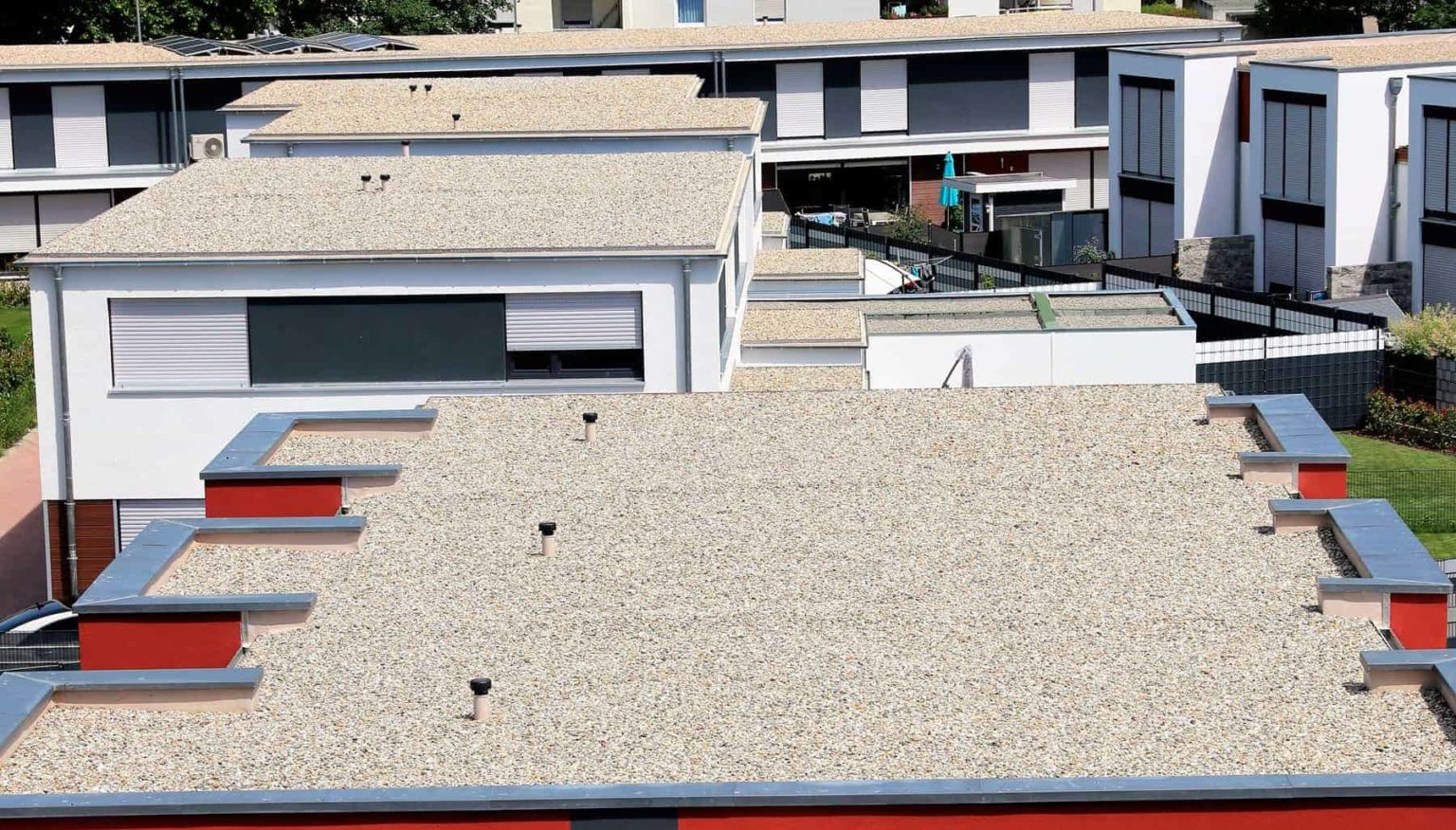
Modified Bitumen Roof
This is also known as a modified asphalt roof. The materials are similar to the traditional built-up roof but without the additional layers of felt and paper. This flat roofing option is designed for commercial applications. The benefits of this type of roof include: This type of roof can withstand hail up to 1-inch in diameter; It resists damage from wind better than built-up roofs and has an excellent life span.
The pros and cons of this type of roof include the following:
Pros: This type of roof is easy to install and repair; It’s lightweight making it easier to transport and install; The material is eco-friendly and won’t harm the environment.
The cons of this type of roof include the following: This type of flat roofing tends to be more expensive than built-up roofing. Ice melting materials can damage it, which means that you’ll need a rubber roof membrane overlay to protect it against ice melt.
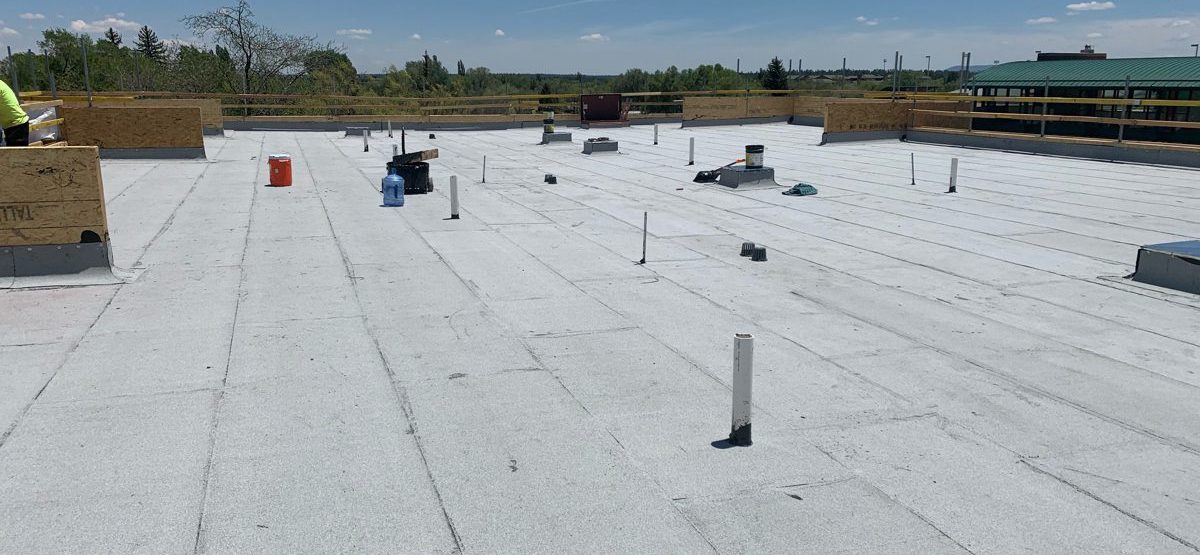
Rubber Membrane Roofing
EPDM rubber roof is frequently used on commercial flat roofs because it resists wind damage, allows water to “breathe” through the material and actually deflects hail. This makes it an excellent choice for low-pitched surfaces such as a commercial patio or warehouse. The materials are lightweight and easy to install and repair. While rubber membrane is more expensive than the other types of flat roofing, it’s also an eco-friendly option that will last for years.
The pros and cons of this type of roof include the following:
Pros: This roof resists wind damage and allows water to “breathe” through the material; It’s a good option for low sloped roof surfaces; It’s lightweight, easy to install and repair.
The cons of this type of roof include the following: The material is more expensive than traditional asphalt or built-up roof. Because it’s made with rubber, ice melting materials can be harmful to it. This means that you’ll need a rubber roofing membrane overlay to protect it from ice melt.
So who is flat roof membrane roofing best for? If you’re looking for a long-lasting eco-friendly flat roof, this is an excellent choice.
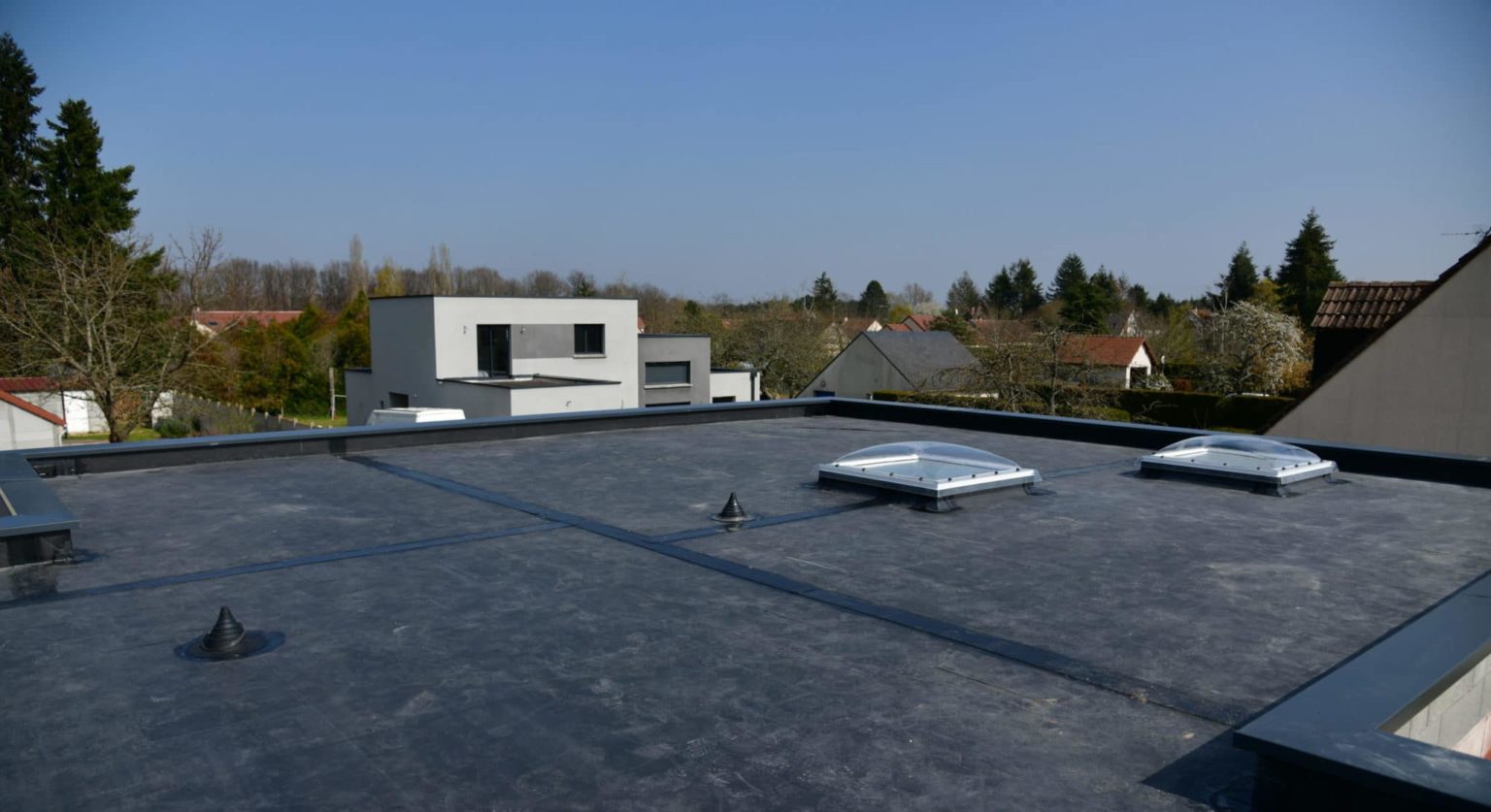
PVC Roof
PVC roofing offers top performance for a premium price. However, it’s a great option for your business if you live in an area where hail is common and quality flat roofing is important.
PVC flat roofs have been around since the 1970s; they were first used extensively on commercial buildings but are now also being found on residential applications such as patios, porches, or accessory buildings such as garages, sheds and pool houses.
The benefits of this type of roof include: This type of flat roofing is a good choice for buildings that are in high-wind areas; It’s an excellent option for areas where hail is common; The material is lightweight making it easy to transport and install; PVC roofs has several different looks to choose from. Speciality PVC also works well with a flat roof deck.
The pros and cons of this type of roof include the following:
Pros: This type of flat roofing is a good choice for high-wind areas; It’s an excellent option for areas where hail is common; PVC membrane has several different looks to choose from.
The cons of this type of roof include the following: PVC may not be the right choice for low-pitched roofs due to a lack of support structure; It’s more expensive than other flat roofing options.
So, who is PVC roofing best for? If you’re concerned about hail, this is an excellent option. If you live in a high-wind area, it’s also a good choice for your business.
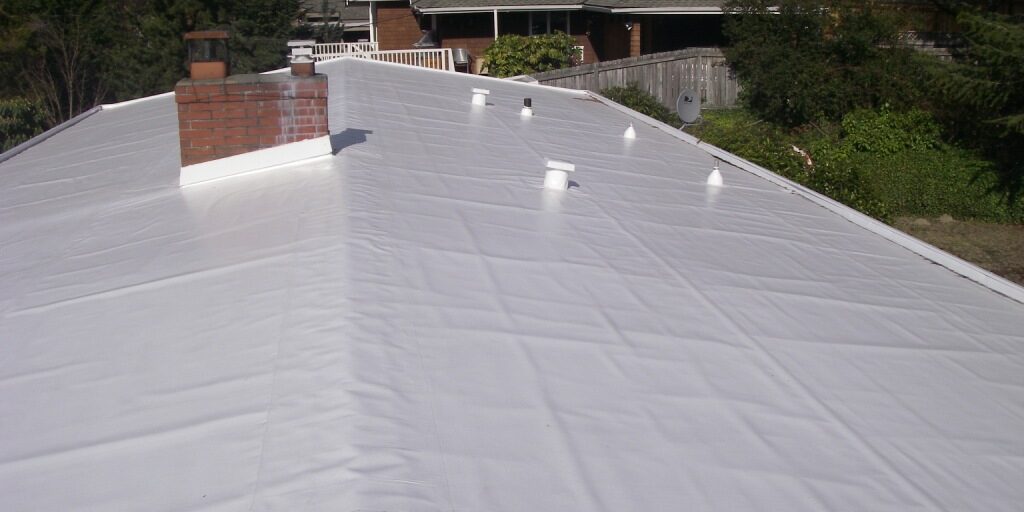
Spray Polyurethane Foam (SPF) Roofing
SPF is a flat roofing option that’s been available for more than four decades. It was designed to be an alternative to commercial rubber membrane flat roofs and has several benefits including:
It’s an excellent choice if you want low-maintenance flat roofing; It resists wind damage, which makes it ideal for outdoor areas such as patios and warehouses; It’s lightweight and easy to install.
Spray foam also has several drawbacks including the following:
The material is more expensive than other flat roofing options; It may not be suitable for areas where high winds are common; Whether a roof made with spray foam will protect your home against hail depends on how thick the foam is. Spray foam roofs that are less than 1-inch thick offer little protection against hail damage while thicker flat roofs can withstand significant hailstorms.
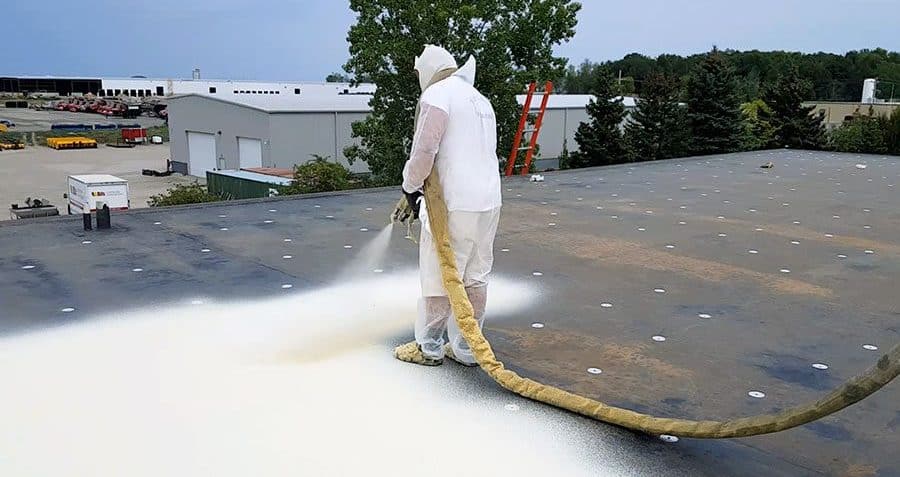
Flat Roof Repairs
You can expect flat roof systems to last at least 15 years, however, you may need to do some maintenance during those 15 years. Repairing a flat roof is easier than replacing it. However, the longer you wait to repair your flat roof system, the more you’ll have to replace in order to get the job done properly.
The cost of repairs will vary depending on what needs to be repaired. Here are just a few examples of repairs that may be needed over time:
#1 Insulation problems
If your insulation becomes damaged or degraded, you’ll lose both energy efficiency and protection from outside elements such as water damage caused by rain or snow/ice buildup. A professional inspection and cleaning will allow you to determine if there’s a problem.
#2 Water leaks
Over time, it’s common for flat roofs to develop small leaks. When these small roof leaks aren’t repaired, they can damage the roofing and building materials used throughout your home or business.
#3 Improper installation
If your flat roof was installed correctly at first but didn’t have proper upkeep over the years, it could be damaged from exposure to extreme weather conditions. Windstorms and hail will likely occur in every region of the country at some point so even if you don’t experience storms regularly, you should consider taking steps now to protect the life expectancy of your flat roof system.
When a minor repair becomes necessary, you may want to consider doing the repairs on your own rather than replacing all of your flat roof systems. By closely inspecting your roof regularly, you can figure out exactly which parts of the roof are damaged and replace them as needed.
Residential Flat Roofing: Is It a Good Option?
If you’re looking for a flat roof system to use on your home, you have lots of options but not all are created equal. Here are four advantages of flat roofs over pitched roofs:
Fast and Cost-Effective Installation
In many cases, flat roof projects can be much quicker and therefore much less expensive than installing a roof that has several angles. It can also be easier to install because you don’t have to worry about adding additional framing or supports for the ceiling of your home.
Energy Efficient Use
If you live in an area that gets a lot of snow, flat roofs will help you use less energy to stay warm during the winter. And that’s because snow is less likely to pile up on flat roofs, you’ll have fewer energy costs from keeping your home warm.
Easy maintenance and inspections
With a flat roof, you can usually gain easy access to the top of your roof. That means it’s much simpler to maintain, inspect and repair your roof than it is on a pitched or sloped roofs.
Modern Aesthetics
A flat roof can give your home a cleaner, more modern appearance. In many cases, this type of roof will fit better with the style of the rest of your home’s architecture or design.
Hire a Roofing Contractor with Installation Expertise
Even the best flat roofing material available can fail if it’s not properly installed. That’s why it’s important to hire a roofing contractor with the resources to complete a first-class installation. These resources include a courteous, well-trained crew; proper equipment and tools to do the job; and experience with the roofing material you wish to install.
To learn more about the various types of flat roof materials that are available, contact Colonial Contracting today. We’ll be happy to help you find the right solution for your home.

